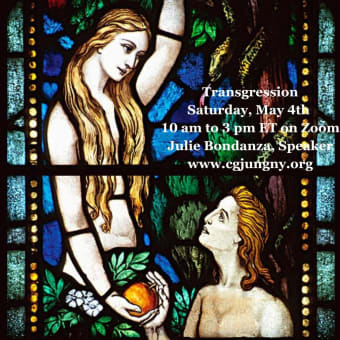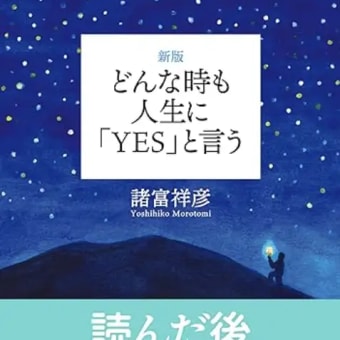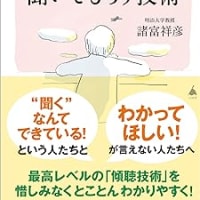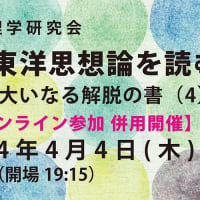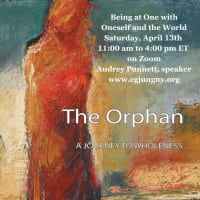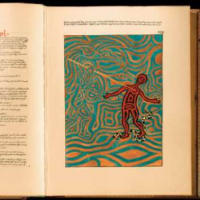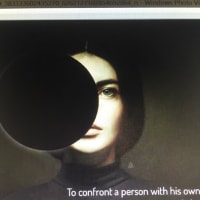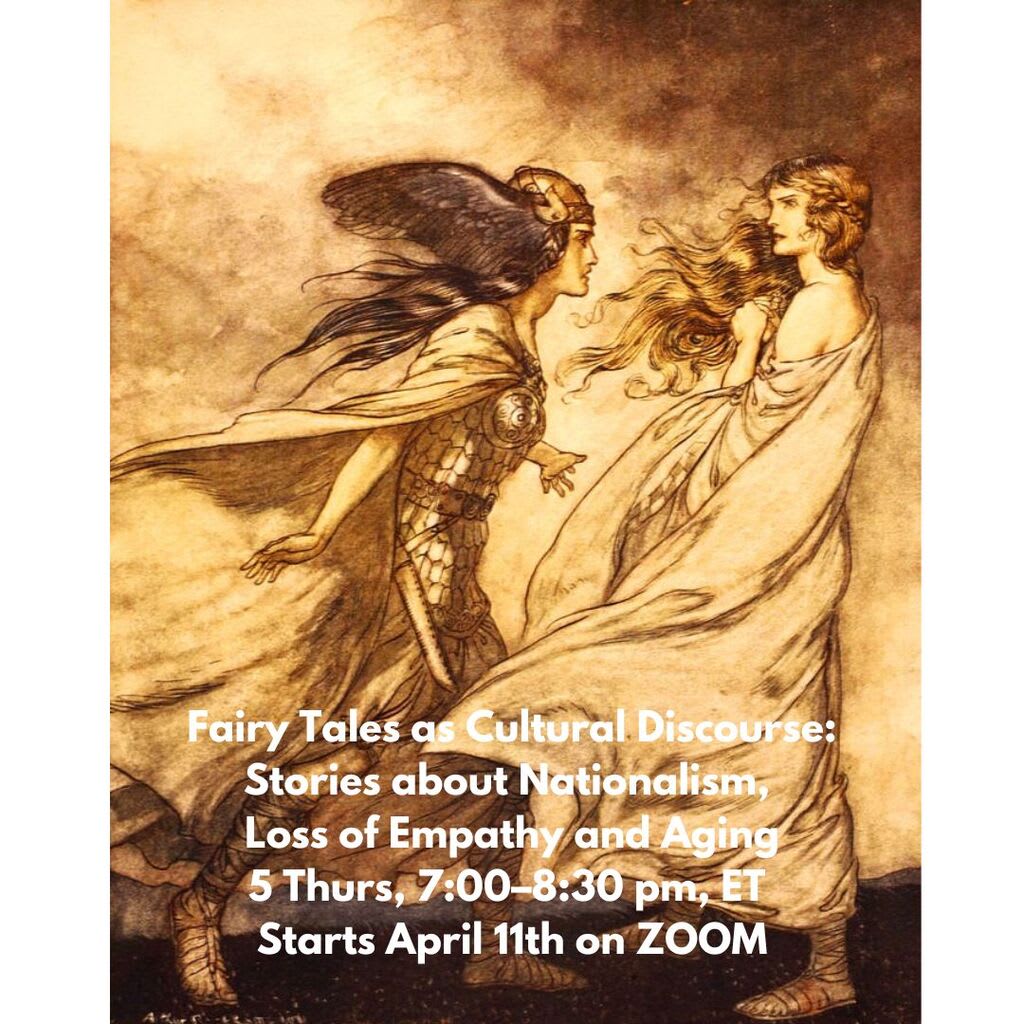
文化的言説としてのおとぎ話、パート 2:
ナショナリズム、共感の喪失、そして老化についての物語
5 木曜日、午後 7:00 – 8:30、米国東部時間、Zoom 経由
2024 年 4 月 11 日以降
講師: メアリー・アピコス
https://www.cgjungny.org/fairy-tales-as-culture.../
5 週間にわたって、学生は口頭から書面への物語の伝統における最も重要なジャンルと物語のモチーフのいくつかについて詳細な概要を学びます。 物語が語られる歴史的および文化的背景を理解することで、物語が私たちの生活に影響を与える他の力と相互作用してどのように進化するかがわかります。 あなたがアーティスト、作家、またはより情報に基づいた方法で物語や芸術を体験したい人であっても、自分の物語が多文化の民間伝承や文学的なおとぎ話とどのように結びついているかを学ぶことができます。
このコースでは、ユングの芸術に基づいた研究アプローチを探求します。 セッションには以下が含まれます。 グリム兄弟とドイツ民族主義の台頭。 マリー=ルイーズ・フォン・フランツの作品を通して共感の喪失と熱い悪と冷たい悪の概念。 中年と老人の物語の独自性。 ストーリーマッピングと分類システム。 そして自分の「本当の名前」と「本当の場所」を見つけること。
これは、音楽、映画クリップ、美術史、文学の参考文献を使用した学際的なコースです。 民話やおとぎ話、学術書などの読み物が議論のために提供されますが、プレゼンテーション中にすべてのリソースについて議論するため、必須ではありません。 このコースは秋コースの継続ですが、すべて新しい内容が含まれているため、パート 1 を受講していなくてもこのコースに参加するとメリットが得られます。
Fairy Tales as Cultural Discourse, part 2:
Stories about Nationalism, Loss of Empathy and Aging
5 Thursdays, 7:00 – 8:30 pm, Eastern Time, USA via Zoom
Beginning April 11, 2024
Instructor: Mary Apikos
https://www.cgjungny.org/fairy-tales-as-cultural.../
Over the course of five weeks students will be given an in-depth overview of some of the most essential genres and story motifs in the oral to written story telling tradition. By understanding the historical and cultural context that a story is told in, we will see how stories evolve to interact with other forces that impact our lives. Whether you are an artist, writer or a person who wants to experience story and art in a more informed way, you will learn how your story is connected to multi-cultural folklore and literary fairytales.
In this course, we will explore a Jungian Arts-Based Research approach. Sessions will include; Brothers Grimm and the rise of German nationalism; loss of empathy and the concept of hot versus cold evil through the works of Marie-Louise von Franz; the uniqueness of mid-life and elder tales; story mapping & classification systems; and finding one’s “true name” and “true place.”
This is a multi-disciplinary course using music, film clips, art historical and literary references. Readings of both folklore and fairytales as well as scholarly texts are provided for our discussions, but not required, as all resources will be discussed during my presentation. This course is a continuation of the Fall course, but with all new material, so you can benefit from attending this course without having taken part 1.
Stories about Nationalism, Loss of Empathy and Aging
5 Thursdays, 7:00 – 8:30 pm, Eastern Time, USA via Zoom
Beginning April 11, 2024
Instructor: Mary Apikos
https://www.cgjungny.org/fairy-tales-as-cultural.../
Over the course of five weeks students will be given an in-depth overview of some of the most essential genres and story motifs in the oral to written story telling tradition. By understanding the historical and cultural context that a story is told in, we will see how stories evolve to interact with other forces that impact our lives. Whether you are an artist, writer or a person who wants to experience story and art in a more informed way, you will learn how your story is connected to multi-cultural folklore and literary fairytales.
In this course, we will explore a Jungian Arts-Based Research approach. Sessions will include; Brothers Grimm and the rise of German nationalism; loss of empathy and the concept of hot versus cold evil through the works of Marie-Louise von Franz; the uniqueness of mid-life and elder tales; story mapping & classification systems; and finding one’s “true name” and “true place.”
This is a multi-disciplinary course using music, film clips, art historical and literary references. Readings of both folklore and fairytales as well as scholarly texts are provided for our discussions, but not required, as all resources will be discussed during my presentation. This course is a continuation of the Fall course, but with all new material, so you can benefit from attending this course without having taken part 1.




